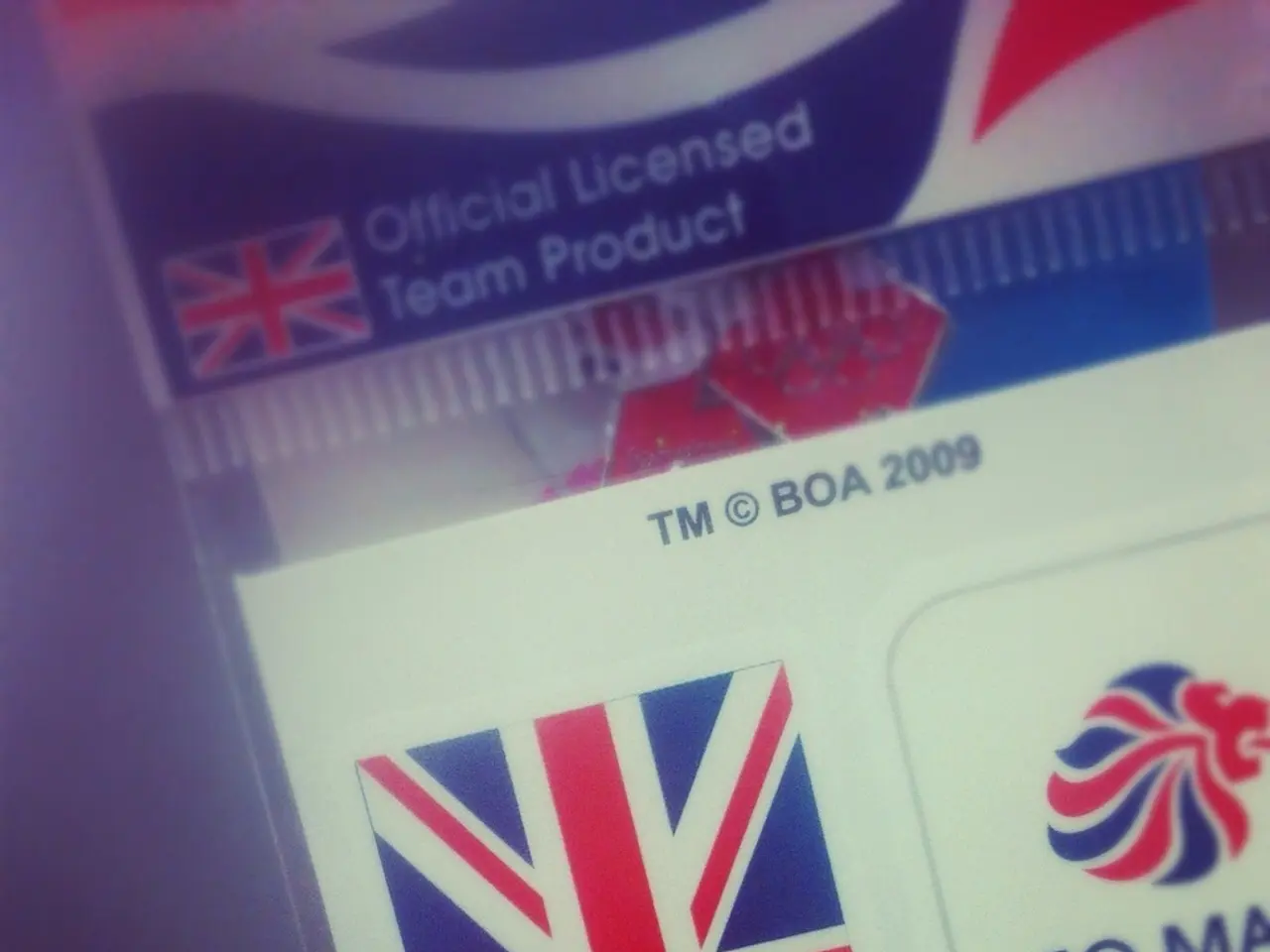Wikimedia Foundation faces initial defeat in court challenge against Online Safety Act's regulatory mandate
Wikipedia Faces Potential Classification as Category 1 Service under UK's Online Safety Act
The Wikimedia Foundation has raised concerns about the potential impact of the Online Safety Act 2023 (OSA) on Wikipedia, arguing that the criteria for Category 1 services are too broad and could pose a significant threat to the privacy of its contributors.
Under the OSA, services are categorised into three groups: Category 1, which includes services with over 34 million monthly active users (MAUs) in the UK and a content recommender system, or over 7 million UK MAUs, a content recommender system, and the ability for users to share content; Category 2A, which refers to regulated search services; and Category 2B, which covers user-to-user services with fewer MAUs.
Wikipedia, with its vast library of user-generated content and its content recommendation system, could potentially fall under Category 1. However, the Foundation argues that this requirement could put its contributors at risk, particularly in terms of privacy and potential data breaches.
In a blog post published in July, the Wikimedia Foundation expressed concerns that if it were categorized as Category 1, it could expose contributors to data breaches, stalking, lawsuits, or imprisonment by authoritarian regimes. If Ofcom determines that Wikipedia falls under Category 1, it would require the implementation of identity-verification technology similar to that used by social media and pornography sites by July 25.
The Foundation's lead counsel, Phil Bradley-Schmieg, stated a week prior to the hearing that the concerns regarding potential threats to Wikipedia and its contributors remain unaddressed. The judge dismissed all four grounds of Wikipedia's challenge against the OSA, but allowed for judicial reviews on two grounds, including the allegation that the decision by the Secretary of State to create the OSA regulations was "irrational" because it was "based on flawed reasoning."
Following Mr. Justice Johnson's ruling, the Wikimedia Foundation updated its blog, acknowledging that the decision does not provide immediate legal protections for Wikipedia but emphasized the responsibility of Ofcom and the UK government to ensure Wikipedia is protected as the Online Safety Act is implemented.
Ofcom must ensure that its implementation of the OSA does not impede the operations of the Wikimedia Foundation, and could face legal consequences if it defies this order. If Ofcom decides that Wikipedia is not a Category 1 service, no further issue will arise. However, if it determines that Wikipedia is a Category 1 service and it cannot continue to operate, the Secretary of State may have to consider amending the regulations or exempting certain services from the Act.
As of now, Ofcom has not ruled on whether Wikipedia is a Category 1 service. The Department for Science, Innovation, and Technology (DSIT) welcomed the High Court's judgment, stating it will help continue the work of implementing the Online Safety Act to create a safer online world for everyone.
[1] UK Government's guidance on the Online Safety Act 2023
[2] Wikimedia Foundation's blog post on the Online Safety Act
- The broad criteria for categorizing services as Category 1 under the UK's Online Safety Act, if applied to Wikipedia, could potentially lead to the implementation of strict AI-based identity-verification technology, similar to that used by social media and pornography sites, raising privacy concerns for its contributors.
- The Wikimedia Foundation, in its blog post, has emphasized the need for regulation in the realm of technology, particularly the Online Safety Act, to ensure that its operations and the privacy of its contributors are not compromised, especially regarding potential data breaches and security risks.
- As the UK Government works towards implementing the Online Safety Act through guidance, it is crucial to consider the implications of this act on AI-driven technology, as the potential classification of services like Wikipedia could lead to significant changes in privacy, security, and technological operations.




